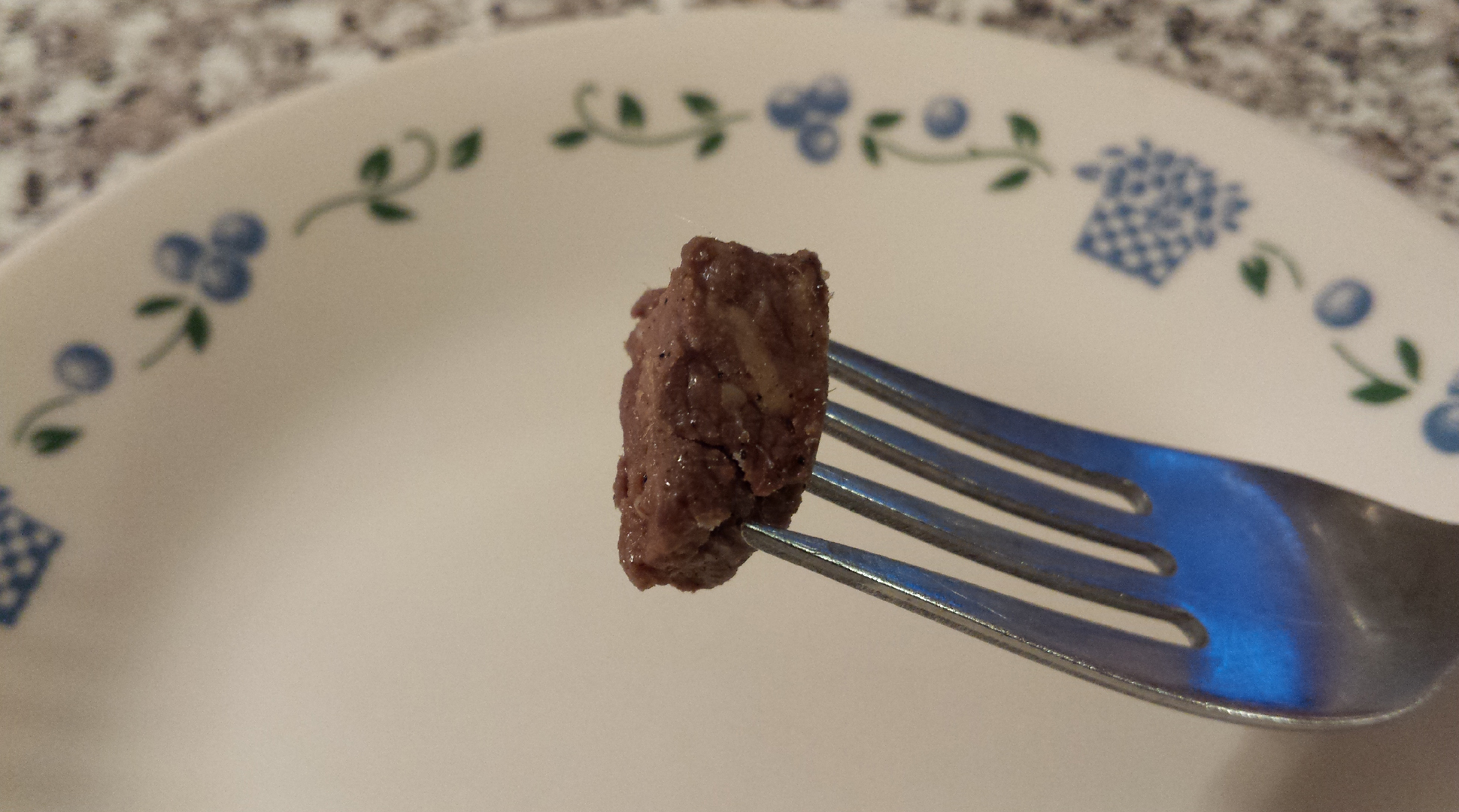(Editors note: The piece of beef on this fork is approximately the "recommmended" portion size of beef per day in the EAT-Lancet Commission report)
Have you heard about the new EAT-Lancet Commission report on healthy eating? If the backlash from health and food experts is any indication, all of us should take the report recommendations with a grain of salt, and a side of meat.
According to Animal Agriculture Alliance President and CEO Kay Johnson Smith, the EAT-Lancet recommendations call for eating just a quarter ounce of beef and one cup of milk a day.
“U.S. farmers and ranchers lead the world in efficient practices that deliver unmatched nutrition while conserving natural resources and decreasing environmental impact,” she said in an official statement about the report. “The EAT-Lancet Commission ignores evidence of meat and dairy’s contributions to healthy, sustainable diets. The Commission’s radical recommendations to drastically limit meat and dairy consumption would have serious, negative consequences for the health of people and the planet. The EAT-Lancet recommendations risk worsening malnutrition, increasing food waste, and distracting from the highest priorities for addressing greenhouse gas emissions.”
One of the most outspoken critics has been Frank Mitloehner, Professor and Air Quality Extension Specialist in the University of California, Davis Animal Science Department. His Twitter feed has been full of cautionary information about the report. These are direct quotes from his Twitter feed compiled into one quote:
“It’s shocking that after years of promoting a groundbreaking report, EAT-Lancet’s own analysis shows the Commission’s recommended diet has almost no environmental benefit over business-as-usual scenarios. While EAT-Lancet claims its reference diet would decrease greenhouse gas emissions, the Commission’s fundamentally flawed data fail to account for methane reduction that occurs naturally, as methane remains in the atmosphere for only 10 years. The carbon emissions from all the flights required for the Commission’s global launch tour will have a much longer impact than that of methane from livestock animals.”
Mitloehner also balks at the way in which the group intends to change our eating habits. He quotes from the report directly: “@EATforum quote (pp34) on how to force their reference diet onto society: ‘…However, the scale of change to the food system is unlikely to be successful if left to the individual or the whim of consumer choice. This change requires reframing at the population and systemic level. By contract, hard policy interventions include laws, fiscal measures, subsidies and penalties, trade reconfiguration, and other economic and structural measures…’ All of this strangely remind me of my visits to East Germany before the Berlin Wall fell.”
Dietitians have weighed in on the report as well.
Leah McGrath (@LeahMcGrathRD) had this to say: "What concerns me is that people will give this report the same weight as Dietary Guidelines that go through years of discussion, must be based on scientific evidence, analysis and vetting by a team of experts that have to disclose COI - unlike this report.”
“Please everyone, do not support any move to ‘global food guidelines’ – we DO NOT want the world to eat ‘the same’ – it’s at odds with biodiversity, sustainability, human health, social justice, ecological balance and food sovereignty,” tweeted @WeDietitians an open forum for Australian dietitians.
The Animal Ag Alliance has developed resources on its website to answer some of the most frequently asked questions about the report. Check out its Climate, Food, Facts resources.
Related links to this issue:
Glamourous billionaire dubbed a hypocrite
Global Greenhouse Gas Emissions Data
